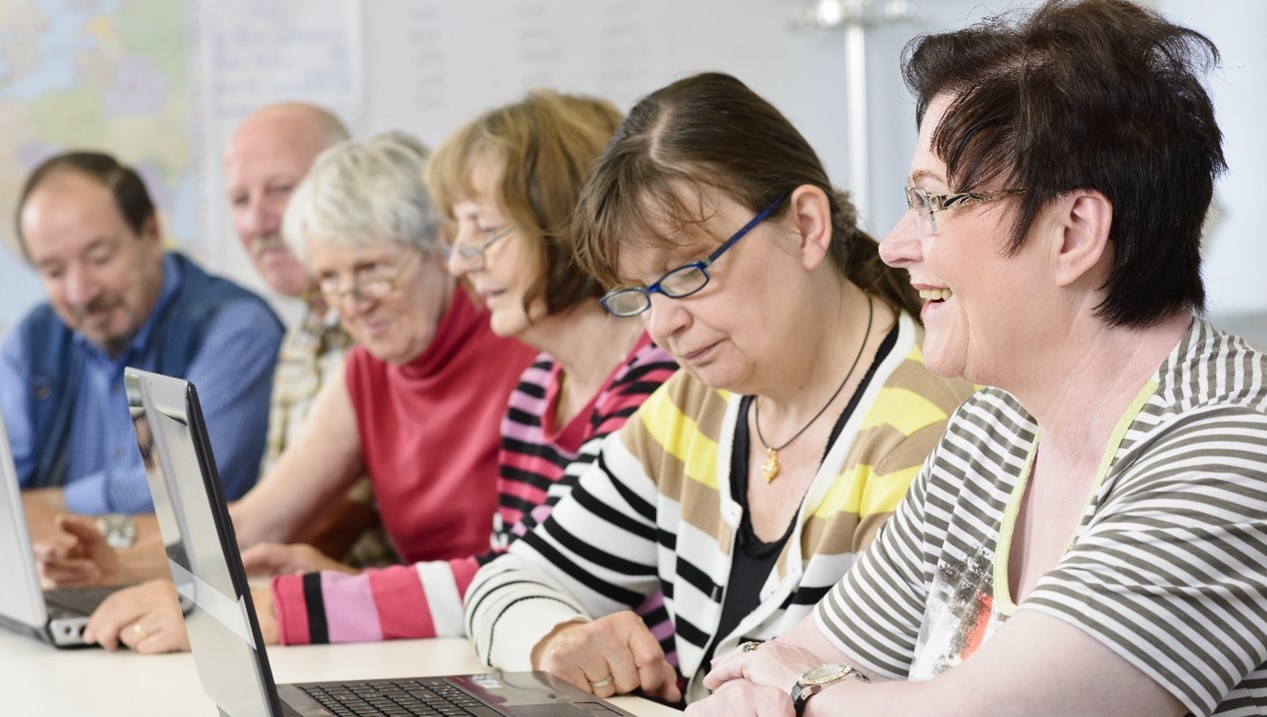As we age, we may experience general declines in our thinking, memory, and reasoning skills. Are community-based programmes effective interventions to stabilise or reduce such cognitive ageing?
Translating lab results to real life
Many people fear cognitive decline when growing older. It has been proposed that keeping mentally, socially, or physically engaged could be potentially protective. These factors have been incorporated and tested in lab-based interventions for cognitive ageing, but people may not know how to translate this into their own lives. This project examined a range of activities within existing community-based programmes as potential interventions in real-world environments to reduce cognitive ageing in older age.
In this study, community-dwelling adults aged 65-74 were allocated a new activity, comprising varying degrees of mental, social and physical engagement for several months. These were existing class-based activities and included language classes, art groups or computing courses, for example. Participants completed a range of cognitive, psychological and physical assessments before and after the intervention. Analyses completed to date indicate cognitive benefits associated with the activities. Performance improved on all cognitive domains after the intervention, and improvements did not differ according to different types of activities considered. Further analysis are still ongoing and final publications are expected from summer 2021.
The study wants to disseminate their results beyond the research community and reach the public and policy makers. Therefore, the project worked closely with local government and older people’s organisations and charities. They will be able to use these findings in their lobbying of government and in their advice to older people and those who support them.
 Share
Share



